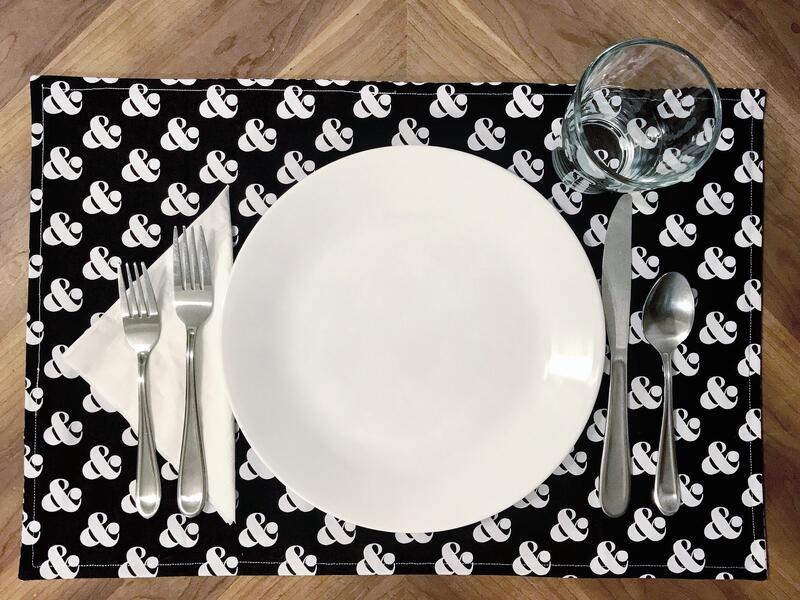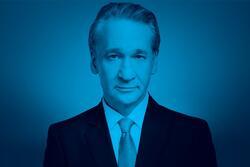Breaking the Fast: Why I’m Choosing to Eat this Yom Kippur
Content warning for disordered eating.
At the beginning of 2021, I made some decisions. I decided that I wanted to heal my relationship with food. I decided I wanted to make peace with my body. I decided I didn’t want to restrict my eating anymore in pursuit of weight loss. I decided I wanted to recover, once and for all, from a lifetime of disordered eating spurred on by continuous attempts to meet societal standards that are unrealistic, harmful, and rooted in oppression.
What led to all this? A few things. First, I read a book called The F*ck It Diet, which dispels myth after myth about how much control we as humans have over our weight, the benefits of restricting food intake—whether amount or type of food—and diet culture in general. This led me to read more books, start following a number of anti-diet accounts on Instagram, and well, things pretty much snowballed from there.
The other driving factor was the pandemic. I, like many, gained weight over the past year and a half—a natural response to a trauma such as this one. This past April, I donated all my clothes that didn’t fit anymore. That ritual, which led me to write a prayer for reentering the world in a bigger body, also signified doubling down on my decision to stop trying to force my body into submission.
While I’ve referenced my disordered eating in my writing before, I’ve shied away from getting into too much detail. For one thing, it’s something I hold shame about. And, as someone who has never been diagnosed with an eating disorder, and who has also never been underweight, I wasn’t sure if I was really “allowed” to talk about it. Could the problem really be that bad if I’d never been hospitalized? If my BMI (and yes, BMI is bullshit) was always in the “overweight” or “obese” category? If I’ve never been thin, do I even get to name this struggle? We live in a society that worships thinness so much that you have to be “thin enough” for even an eating disorder to be considered legitimate. But the truth is that most people with eating disorders are not underweight, and you can’t tell if someone has an eating disorder just by looking at them.
These are all behaviors I’ve engaged in, at one time or another, over the past 20 or so years of my 32-year life:
Declining invitations to social gatherings or events out of fear I might eat too much.
Bringing my own diet food to social gatherings involving eating.
Saying, “It’s not a diet, it’s a lifestyle” (When it was absolutely, 100% a diet).
Diet-hopping: Whole30, Weight Watchers, Vegan, Keto, etc.
Cycles of severe calorie restriction followed by periods of binge-eating.
Using calorie-counting apps to track my food intake.
Exercising for hours on end after binge-eating.
Attempting to make myself vomit after binge-eating.
Intentionally skipping meals.
Having a weekly “cheat day” (which I now know is just a planned binge).
Labeling myself as “good” or “bad” based on what I ate.
The list goes on.
So, what’s all this got to do with my decision to not fast on Yom Kippur this year? As someone with a laundry list of disordered eating behaviors, you probably won’t be surprised to hear that my relationship with the Jewish Super Bowl of holy days is complicated.
Growing up, I always remember wanting to fast for Yom Kippur, even as a very young child. This partially reflected my enthusiasm for and dedication to my Jewish faith, but my desire to fast was also rooted in my ongoing efforts to lose weight. I remember sometimes looking in the mirror while fasting on Yom Kippur and thinking I looked better, and that my stomach was flatter than it was on other days. I remember thinking that it would be great if I could get myself to fast more often. I remember telling myself that I wouldn’t eat too much at the break fast later so my fasting would “pay off.” In retrospect, it’s clear that, sometimes, my fast had more to do with my disordered eating behaviors than it did with religious devotion.
I have made significant strides over the past several months. Currently, I’m not restricting my eating in any way. My binge-eating is way down. The restrictive thoughts I tend to have around food have lessened. I’m re-learning how to listen to my body’s natural hunger and fullness cues. In general, I’m not thinking about food and weight nearly as much as I have in the past. Given all this, when I started thinking about Yom Kippur, the question of whether or not to fast gave me real pause. I considered if I could fast and not have it be a setback in my recovery.
Perhaps ironically, my ultimate decision to not fast is rooted in my need to atone. I cannot in good conscience fast, because I need to atone for the sins I’ve committed against my own body, and seek its forgiveness. I have spent years distrusting my body, thinking I knew better than my body, denying my body needed nourishment, putting my body through punishing exercise to “make up” for things I’d eaten, and fighting against what my body naturally wanted to do and what size and shape it wanted to take. How could I, even for one day, make my body think I was returning to all that? No. I can’t do that. I won’t do that. What’s more, “the same Torah which commands us to fast on Yom Kippur tells us that guarding our health is far more important than fasting on this holy day.”
I’m hoping that by freeing myself from the obligation of fasting this year, I’ll be able to more meaningfully engage with this holiest of days while simultaneously doing right by my mental and physical health. Will I feel weird not fasting when I’m around lots of people who are? Maybe. Will I feel a little guilty? Possibly. That’s ok, though. There’s a reason Yom Kippur is an annual holiday and not a one-time practice. What it really reminds us is that our efforts to be and do good should be ongoing. The day itself is simply an opportunity to check in on how we’re doing, and commit to what we want to work on in the coming year. Recovery from disordered eating is not a linear path, and neither is the pursuit of a righteous life.








Perhaps you aren't you... You are really me... Esp know the yom kippur did I drop any weight gig... I do wish society accepted us ... Every shape and form. I am 72 and have never not struggled... I can't remember any time going to a family gathering or around people when my weight wasn't brought up. Such a nice face... If only you were thinner... You have big tuchus just like your father said a great aunt to me a teen.thhe only uncle who didn't critique me, right before he died said Debela, you are getting fat so kudos to you.